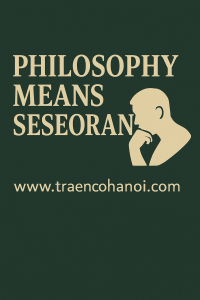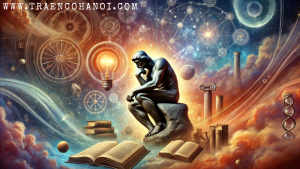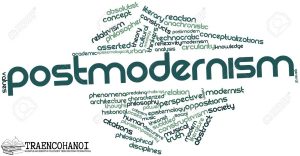
Mirrors have always fascinated humanity. From the shimmering waters that served as nature’s mirrors to the polished glass surfaces we use today, mirrors provide us with a unique perspective on ourselves and the world. But beyond their practical use, mirrors have profound philosophical implications. Let’s delve deeper into the philosophy of mirrors.
Reflections on Identity
Mirrors offer an immediate and direct reflection of our physical self. Philosophically, this raises questions about self-awareness, identity, and perception. Are we truly as we perceive ourselves, or is our reflection merely an image that masks a deeper, unknown essence?
Mirrors in Literature and Mythology
Throughout history, mirrors have held a significant place in literature and mythology. From Narcissus, who fell in love with his own reflection, to Snow White’s evil stepmother who consulted a magical mirror, these stories highlight our obsession with beauty, vanity, and the quest for truth.
Duality and Parallel Worlds
Mirrors often symbolize duality and parallel realities. The reflection might represent an alternate version of ourselves or an alternate reality TAYO4D. This philosophical concept suggests that there might be multiple versions of truth and existence, challenging our perception of a singular reality.
Truth and Distortion
Not all mirrors offer a true reflection. Curved mirrors, for instance, can distort reality, making objects appear stretched or compressed. Can we always trust what we see, or is our perception often distorted by our biases, emotions, and preconceived notions?
Mirrors as Windows to the Soul
Similarly, mirrors can be seen as tools that provide insights into our deepest selves. By gazing into a mirror, we confront our fears, desires, regrets, and aspirations. This introspection can lead to profound self-discovery and personal growth.
The Temporality of Reflections
Mirrors capture the present moment. The reflection we see is transient and fleeting. This serves as a reminder of the impermanent nature of existence, urging us to cherish every moment and live authentically.
Mirrors and Society: The Collective Reflection
In today’s digital age, the concept of the mirror has evolved beyond the tangible glass surface. Social media platforms, for instance, act as modern-day mirrors, reflecting collective aspirations, values, and anxieties. Just as an individual may gaze into a physical mirror to seek affirmation or critique, society, too, looks at its digital reflection to evaluate and sometimes alter its course.
The Infinite Loop: Mirrors Facing Each Other
When two mirrors face each other, they create an almost infinite regression of reflections. Philosophically, this can symbolize the endless cycle of thoughts, actions, and consequences. It challenges us to consider the ripple effects of our decisions and how they may reverberate through time and space.
Conclusion
Mirrors, in their simple form, reflect more than just our physical appearance. They touch upon deep philosophical questions about identity, reality, and the nature of truth. As tools for introspection, they encourage us to look beyond the surface and embark on a journey of self-discovery. The philosophy of mirrors serves as a profound reminder of the complex interplay between perception, reality, and self-awareness.







